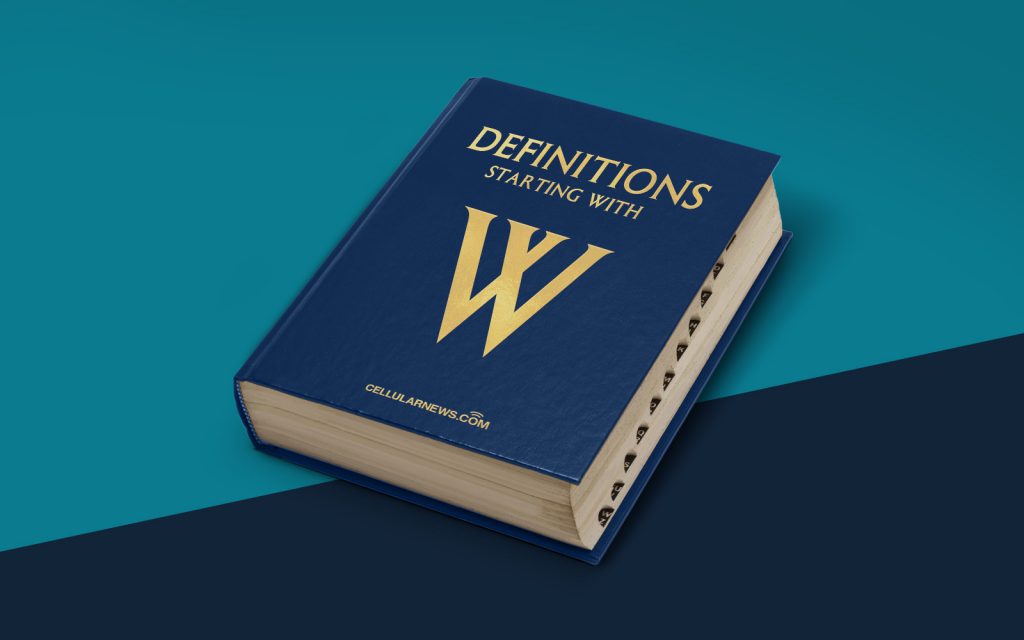
What is a Website Filter?
A website filter is a tool or software that allows users to control the content they can access on the internet by blocking certain websites or types of content. It acts as a gatekeeper, providing a layer of security and helping users manage their online experience. Website filters are commonly used in educational institutions, workplaces, and households to restrict access to inappropriate or harmful content.
Key Takeaways:
- Website filters are tools or software used to control content access on the internet.
- They help users manage their online experience by blocking specific websites or types of content.
Website filters work by using a combination of categories, keywords, and algorithms to determine which websites should be blocked. They can be configured to filter websites based on various criteria, including:
- Categories: Website filters often include pre-defined categories such as social media, gambling, adult content, or violence. Users can choose to block specific categories to prevent access to related websites.
- Keywords: Filters allow users to create a list of keywords that, when detected in a website’s content, will trigger a block. This is particularly useful for blocking specific topics or types of content.
- URL Filtering: Website filters can also block specific websites by entering their URLs manually. This gives users the ability to tailor their online experience based on their preferences.
In addition to filtering content based on categories, keywords, and URLs, website filters can also provide other features and benefits such as:
- Reporting and Analytics: Some website filters offer reporting and analytics capabilities, allowing administrators to monitor internet usage, identify potential threats, and understand user behavior.
- Time-based Filters: Filters can be set to limit access to certain websites or types of content during specific periods of time, such as during school hours or after-work hours.
- Customization: Website filters often provide customization options, allowing users to fine-tune their filtering settings to meet their specific needs and preferences.
By implementing a website filter, individuals and organizations can create a safer and more controlled online environment. They can protect against cybersecurity threats, prevent access to inappropriate content, improve productivity, and increase focus by limiting distractions. Whether you want to protect your children from harmful websites at home or ensure employees are using company resources responsibly, a website filter can be an invaluable tool.
In summary, a website filter is a powerful tool that empowers users to control their internet experience by blocking specific websites or types of content. Its implementation provides benefits such as enhanced security, productivity improvements, and a safer online environment.
